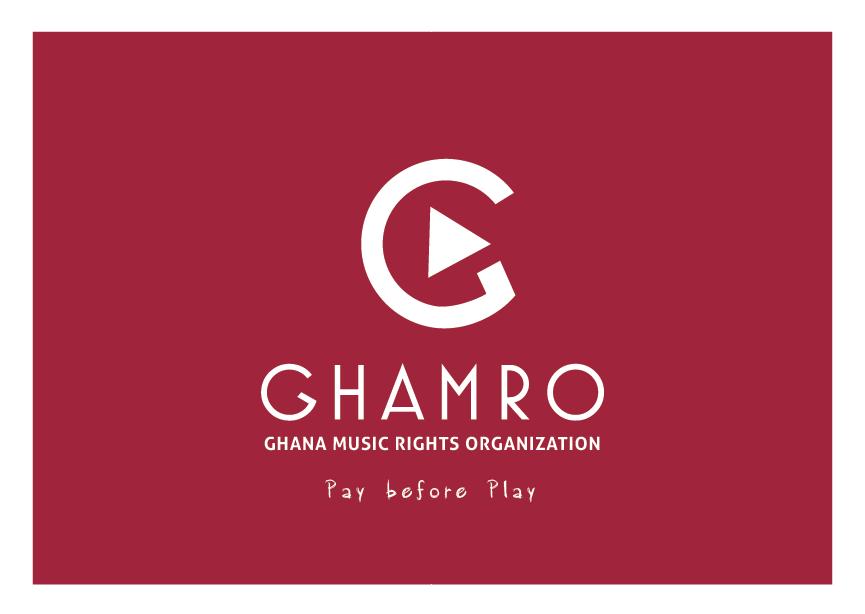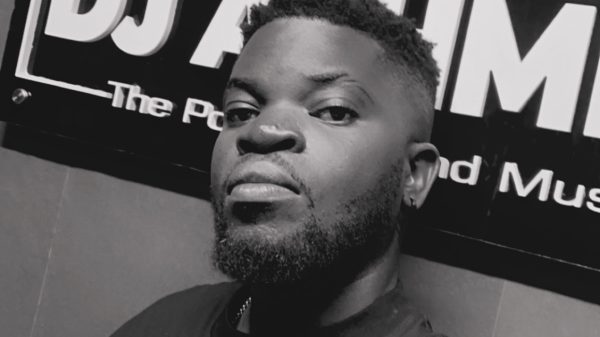The Chief Operations Officer (COO) of the Ghana Music Rights Organization (GHAMRO), Abraham Adjartey, has revealed in various interviews that the collective society will soon get churches to pay fees for the songs performed in their churches.
In one of his media engagements, Mr Adjartey hinted that GHAMRO had already engaged some of the churches and they had agreed and negotiated on the fee to be paid every year. Payment of royalties by the churches will be done quarterly after GHAMRO has determined the fee they should pay.
This is not the first time this conversation has come up, and interestingly, every time the issue comes up, it is met with some confusion.
Backed by law
Critics of the move, some talk as though the executives of the organisation had done no analysis and did not have any strategy in place before the announcement to make the churches pay royalties.
GHAMRO was established under Section 49 of the Copyright Law, Act 690 of 2005 and regulated under L.I. 1962 of 2010 to collect and distribute royalties on behalf of authors/composers and other right owners.
Section 37(1) and (2) of the Copyright Act 2005, Act 69, states clearly that any artistic work used in a public place shall be entitled to copyright royalties.
“(1) Where in any public place, by means of broadcasting, cinematography, jukebox or other apparatus, a sound recording or audiovisual work is used, the authorized performer and producer of the sound recording or audiovisual work shall be entitled to royalty in accordance with this Act.”
“(2) An owner of the copyright is entitled to collect royalties for the live performance of the copyrighted work or for the public performance of the recorded copyright work.”
Churches are public places where there are performances of music authored by others, 9therefore there is a need to bring them within the reach of the Act.
Confusion
It has become a normal phenomenon to have persons within the creative industry kick against any initiative that is in their best interest. Regardless of how laudable or innovative that initiative is, a few industry persons would always figure out a way to repudiate it.
It is fine not to have everybody buy into an idea but when that idea is firstly backed by law and ultimately in line to help the cause of right owners, the expectation is for all right owners to espouse it but not here, not in Ghana.
Since the announcement of GHAMRO’s decision to collect royalties from the churches, the anticipation might have been for some of these churches and their members to express but no – the opposition is rather interestingly coming from musicians and right owners.
While some right owners welcome the move, others are openly punching holes in the plan – once again, exhibiting the disunity and lack of understanding that bugs the industry and stifles progress.
Some critics, in their analysis of how it is not normal for GHAMRO to collect from the churches propound that the organisation has challenges and should rather focus on fixing those bottlenecks.
Yes, the collection society has some grave challenges that, over the years, have militated against its effectual functioning. Issues of a non-existent logging system and a sloppy distribution formula have always been sticking points which need critical fixing.
Inasmuch as it has challenges, that doesn’t stop GHAMRO from undertaking its core mandate of collecting and distributing royalties on behalf of authors/composers and other right owners.
If the law states that the organisation should collect from the churches, it sounds awkward for anybody to posit that it should not happen because it has no proper logging system. If the law obligates churches to pay royalties, a ramshackle distribution system should not stop the organisation from collecting.
That sort of thinking makes very little sense!
Back the talk with action
In 2019, the General Manager of GHAMRO, Jonathan Cudjoe, stated that churches in Ghana qualify as spaces that should pay music makers.
In a quote captured by www.musicinafrica.net, he said, “We are dealing with the dioceses and we are currently dealing with the Accra local churches, which will be the first to be licensed. Despite our challenges and engagements, we will still insist that our users pay what is expected of them and of us. We will be hard if our users fail to comply.”
In 2021, the Chief Operations Officer of the organisation, Abraham Adjartey, is saying the same thing.
So, for the past two years, GHAMRO is still on the same narrative – about the fact that churches should pay royalties. How long will they continue to disturb us with this same talk?
Admittedly, such a move would take some proper structuring to effect but after two years, the organisation, which is duly backed by law should be telling us that indeed, after interactions with the churches and all other consultations, they have started collecting.
The talk should be over, let actions speak!
Be supportive
It is laughable to read how some Gospel artists have called the move to collect royalties from churches an abomination. Others claim such a move would ruin the relationship between them (Gospel musicians) and the churches among other confounding suggestions.
Collection of royalties is just for a group of people – right owners; authors, composers and others and it is so pivotal to their welfare, so, it needs all the necessary push and support.
Right owners should rally, be unified and support GHAMRO to fulfil its mandate as directed by the law. For once, stakeholders should be seen to support a cause, an initiative that bodes well for all stakeholders who rely on royalties.
Industry stakeholders should instil some confidence in others watching that they can actually unite and fight for a very good cause.




